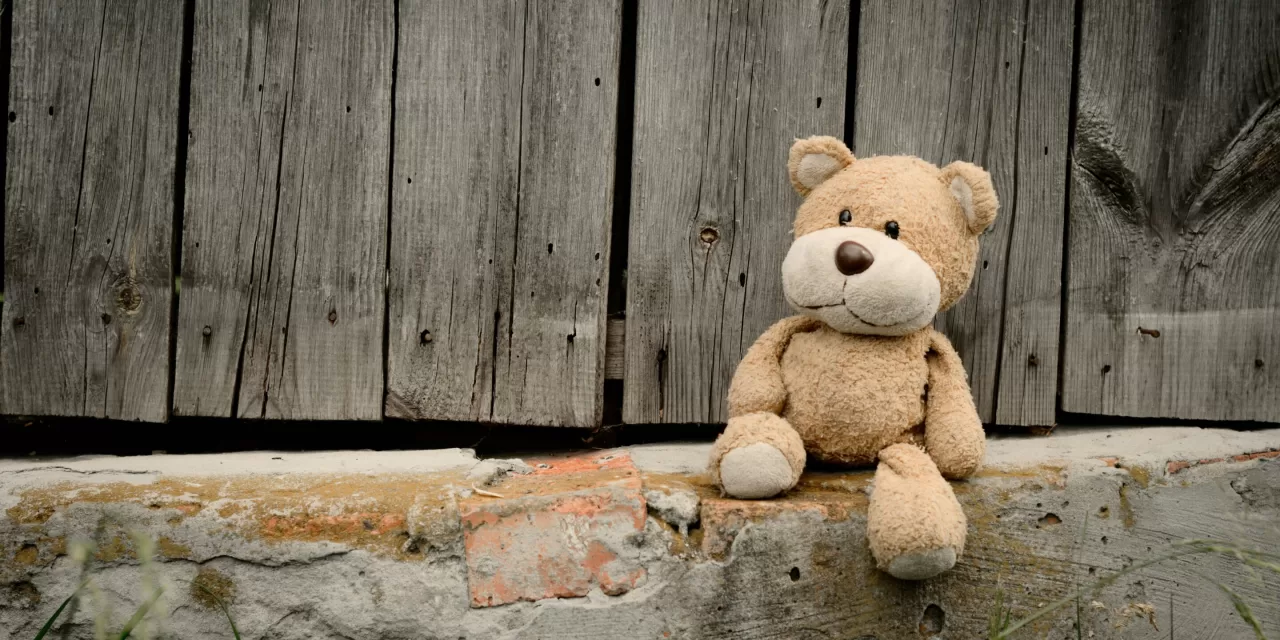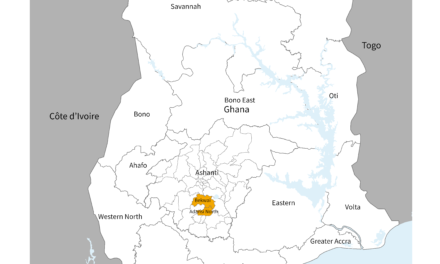BATON ROUGE, LA – A distressing rise in whooping cough, or pertussis, cases has gripped Louisiana, resulting in the tragic deaths of two infants. This marks the state’s first fatalities from the highly contagious respiratory illness since 2018, sparking urgent warnings from health experts about declining vaccination rates and waning immunity.
The severity of the illness, particularly for infants, is alarming. “For infants, it’s really rather terrifying,” explained Dr. John Schieffelin, an associate professor of pediatrics at Tulane University, in an interview with CNN. “They’re just coughing so much, they can’t eat, they can’t drink, and they often get a pneumonia, which means we have to put them on a ventilator. They just never stop coughing.”
Louisiana has already reported 110 cases of pertussis this year, nearing the total of 154 cases reported for all of 2023. Nationwide, the U.S. saw over 35,000 cases last year, the highest in over a decade, with ten deaths, including six infants under the age of one, according to data from the U.S. Centers for Disease Control and Prevention (CDC).
Experts attribute the surge to declining vaccination rates and fading immunity. “When you start to see these outbreaks … it tends to be as a result of that increased circulation of the microbe in the community, as well as populations with no immunity or reduced immunity that are susceptible to the infection,” said Lisa Morici, a professor of microbiology and immunology at the Tulane University School of Medicine.
The CDC recommends that children receive the diphtheria-tetanus-pertussis (DTaP) vaccine at 2, 4, 6, and 15–18 months, and again at 4 to 6 years of age. A booster (Tdap) is recommended at age 11 or 12, and then every 10 years for adults. Pregnant women are strongly advised to receive the Tdap vaccine during their third trimester to protect their newborns.
Dr. Schieffelin also advocates for “cocooning,” where family members and caregivers get vaccinated to create a protective barrier around infants.
However, declining vaccination rates among kindergartners and limited access to healthcare, particularly in rural and impoverished areas, are exacerbating the problem. “Especially in a state like Louisiana, we’ve got a lot of poverty. We’ve got a lot of rural populations, and not everyone has access to regular medical care,” said Jennifer Herricks, founder of Louisiana Families for Vaccines.
Controversy has also arisen regarding the state’s messaging on vaccinations. While state Surgeon General Dr. Ralph Abraham has since shared pertussis vaccine guidance online, his earlier memo indicating a shift away from mass vaccination promotion has raised concerns. “When you cast aspersions or doubt about the safety and efficacy of one vaccine, I think it really has a ripple effect for all vaccines,” warned Dr. Jennifer Avegno, director of the New Orleans Health Department. She fears the recent messaging may be “too little, too late.”
Health officials are urging parents to ensure their children are fully vaccinated against pertussis to prevent further tragedies.
More information on whooping cough can be found on the Mayo Clinic’s website.
Disclaimer: This news article is for informational purposes only and does not constitute medical advice. Readers should consult with qualified healthcare professionals for any health concerns or before making any decisions related to their health or treatment. The content is based on currently available information and may be subject to change.












